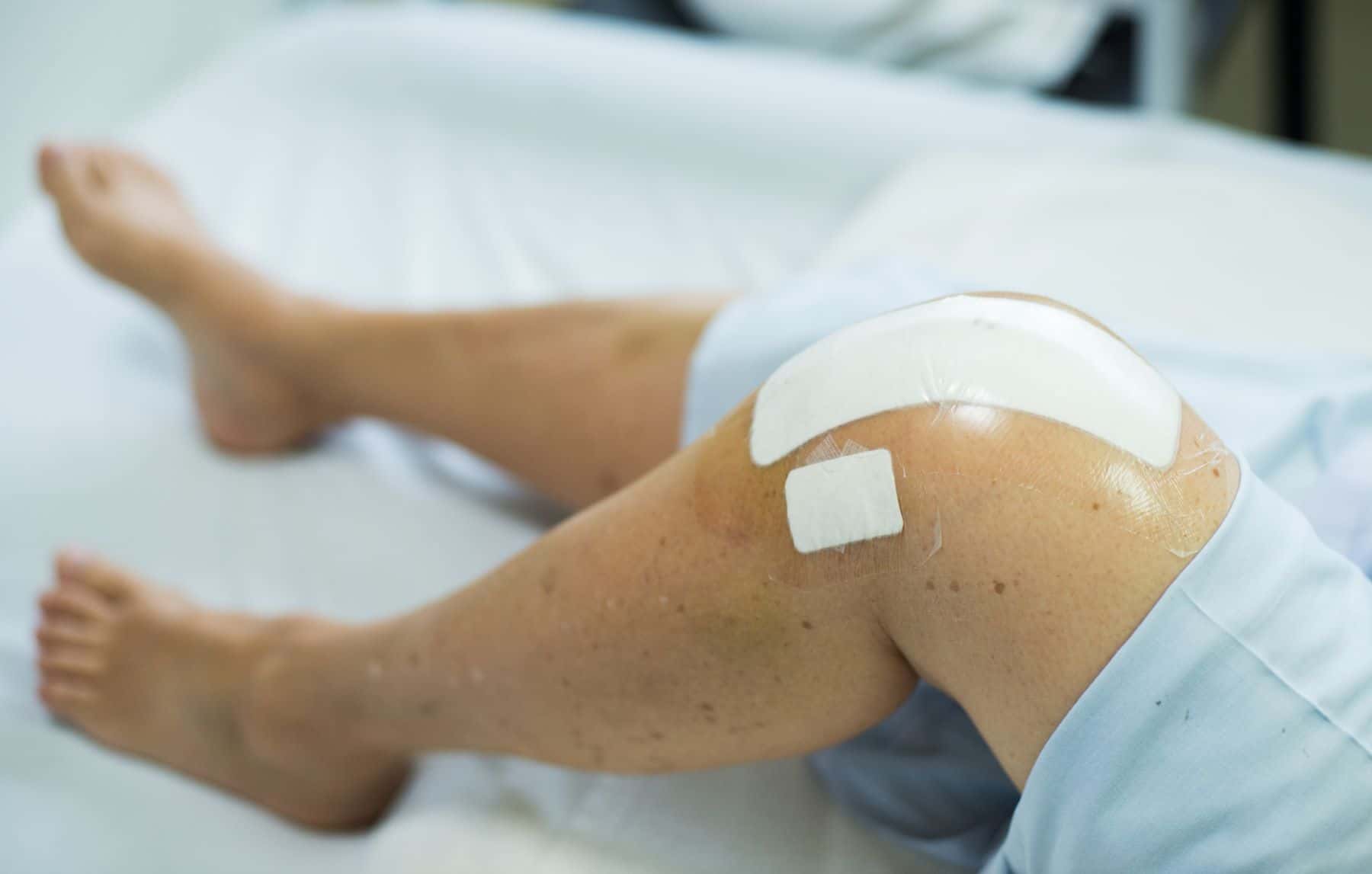Ignoring Adhesive Allergy Leads to Improper Wound Healing
This case study examines a total knee replacement surgery where the patient's documented adhesive allergy was overlooked, leading to improper wound healing and misalignment issues.
Updated on
Case Overview
This case study revolves around an adult patient who underwent total knee replacement (TKR) surgery. Despite a documented allergy to adhesives, an adhesive closure was used post-surgery on the patient’s knee. This led to improper wound healing and limited physical therapy participation.
Furthermore, the patient’s knee was allegedly misaligned during the operation, causing difficulties walking and persistent pain. Revisionary surgery is required but delayed due to ongoing wound care issues. The patient cannot undergo revisionary surgery without concurrent plastic surgery to address the wound. An expert orthopedic surgeon was sought to opine on liability.
Questions to the expert and their responses
How often do you perform TKR surgery on patients with adhesive allergies?
In my over 30 years of experience performing joint replacement surgeries, about one in 25 patients reported an allergy to adhesives. This equates to approximately four knee patients per year.
What parts of the medical record are critical to review before performing a TKR to avoid the issues described?
The most crucial parts of the medical record to review prior to TKR surgery are the past medical history (PMH) of any prior incidents of skin problems and, importantly, the recorded list of allergies. These include allergies to medications, environmental agents such as pollen or bee stings, and other substances like tape, adhesives, metals, etc.
What factors may affect knee misalignment?
To avoid misalignment of total knee components, it’s essential to:
- accurately preoperatively template component size and type
- pay close attention to the precise application of alignment instruments during surgery
- and frequently evaluate alignment, rotation, and proper fit of components during the trialing phase of surgery, before selecting and implanting the components.
About the expert
This expert has over three decades of experience in orthopedic surgery, with a focus on adult reconstructive surgery. They are board-certified in orthopedic surgery and have special interests in adult reconstruction, arthroscopic reconstruction, general orthopedics, and anterior hip replacements. Currently serving as an orthopedic surgeon at a health system and the chief of orthopedic surgery at a local hospital, they also hold a position as a clinical assistant professor and residency program advisor, demonstrating their extensive knowledge and leadership in the field.

E-777222
Specialties:
About the author
Subscribe to our newsletter
Join our newsletter to stay up to date on legal news, insights and product updates from Expert Institute.
Sign up nowFind an expert witness near you
What State is your case in?
Subscribe to our newsletter
Join our newsletter to stay up to date on legal news, insights and product updates from Expert Institute.



